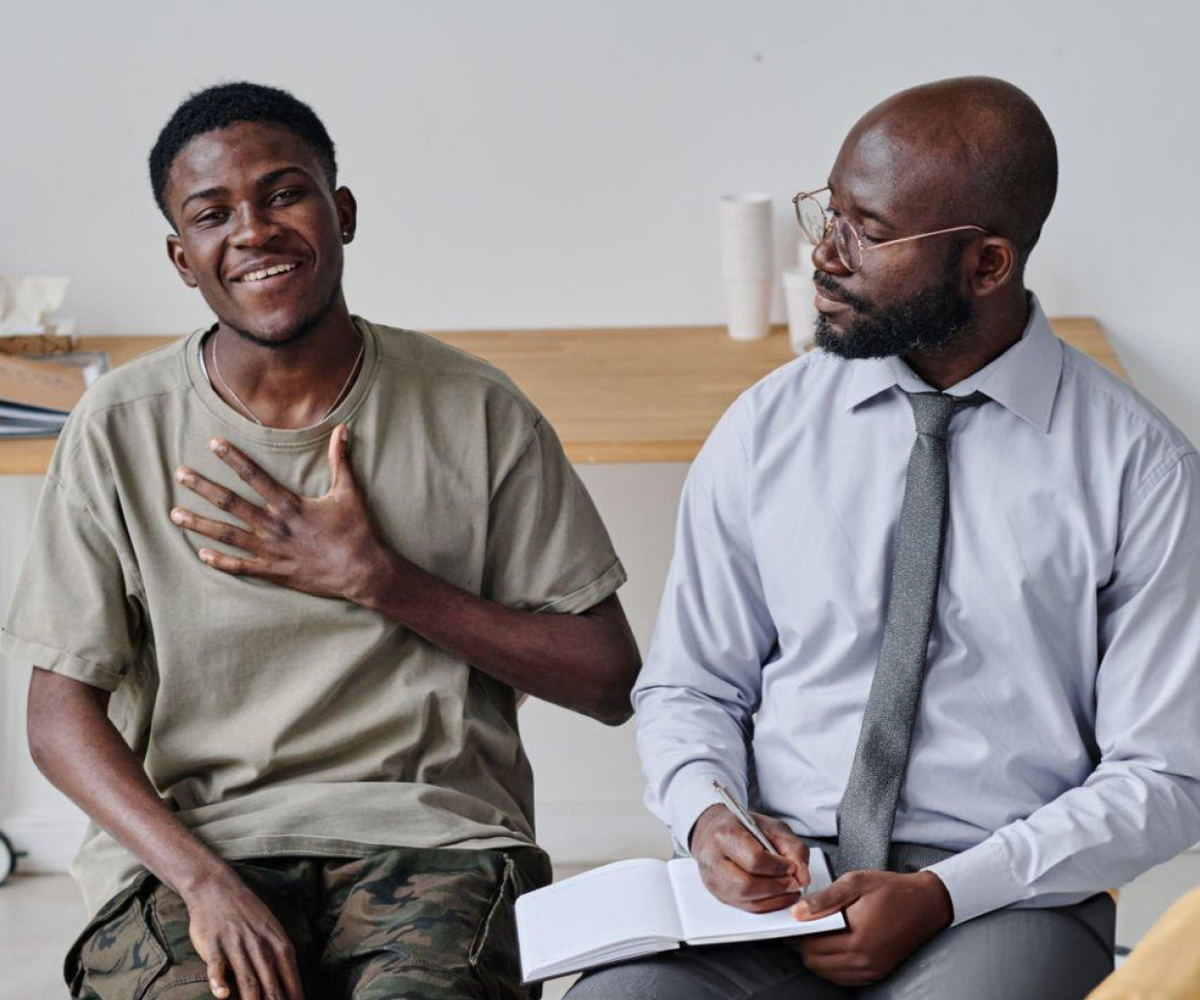Relapse Prevention: Learn the signs of and the skills needed to prevent relapse
At WonderPeace Rehabilitation Centre, we recognize that completing addiction treatment is just the beginning of a lifelong recovery journey. Our dedicated aftercare services in Toronto are designed to provide ongoing support and guidance, ensuring that clients have the tools and resources necessary to maintain sobriety and build a fulfilling life in recovery.
Overview of Aftercare and Support
Recovery is not a single event; it is a continuous process of making conscious choices and taking actions throughout one’s life. Many individuals in recovery find that the early stages of sobriety can be particularly challenging. However, as clients develop new habits, routines, and supportive relationships, the journey becomes more manageable.
Our aftercare program consists of continued support and treatment following an initial rehabilitation program. This phase is critical for maintaining sobriety and facilitating successful reintegration into everyday life.
Our aftercare plans typically include:
- Personalized Aftercare Plans: Tailored to each individual’s needs, our plans incorporate a variety of support services and activities.
- Therapy Sessions: Regular individual and group therapy sessions help clients address personal challenges and reinforce coping skills.
- Support Groups: Participation in support groups provides a sense of community and shared experience, essential for sustained recovery.
- Regular Check-Ins: Ongoing assessments and follow-ups to monitor progress and adjust the aftercare plan as needed.
The Importance of Ongoing Support
Embedding ongoing support in an aftercare program significantly increases the likelihood of long-term recovery. Research shows that individuals who receive consistent follow-ups exhibit better outcomes in managing substance use. Our approach emphasizes the importance of personalized aftercare plans that address unique challenges, providing continuous guidance to prevent relapse.
Our Approach to Addiction Aftercare
At WonderPeace, we believe in a comprehensive, individualized approach to aftercare. Our experienced team collaborates with clients to design personalized aftercare plans that consider their specific circumstances. Key components of our program include:
- Therapy: Continued access to both individual and group therapy allows clients to address ongoing emotional challenges.
- Support Groups: Group sessions foster a supportive environment where clients can share experiences and build connections with peers.
- Monitoring Progress: Regular check-ins enable our team to track clients’ progress and make necessary adjustments to their aftercare plans.
Benefits of Structured Aftercare
Structured aftercare offers numerous advantages, including:
- Reduced Relapse Rates: Continuous engagement in aftercare activities significantly lowers the risk of relapse.
- Improved Mental Health: Ongoing therapy and support help manage co-occurring mental health conditions that often accompany addiction.
- Enhanced Support Network: Clients build a strong network of peers and professionals, providing reliable support during challenging times.
- Sense of Accountability: Scheduled follow-ups and assessments foster accountability in the recovery process.
Aftercare Plan Components
Our aftercare plans typically include:
- Individual Therapy: One-on-one sessions with a therapist to address personal challenges and emotional needs.
- Group Therapy: Participation in group therapy sessions fosters community and shared understanding.
- Family Involvement: Family therapy sessions are designed to rebuild and strengthen relationships, ensuring a supportive home environment.
- Monitoring and Assessment: Regular follow-ups to track progress and make adjustments as needed, ensuring that clients are on the right path.
Timeline of Aftercare Steps
The timeline for addiction aftercare generally includes the following steps:
- Initial Assessment: A comprehensive evaluation of the client’s needs and circumstances.
- Personalized Plan Development: Collaboratively creating a customized aftercare plan suited to the individual’s requirements.
- Regular Follow-Ups: Scheduled check-ins to monitor progress, typically more frequent initially and tapering over time.
- Ongoing Support: Continuous access to therapy and support groups throughout the aftercare process.
- Adaptation and Adjustment: Periodic reassessment of the aftercare plan to address evolving needs and challenges.
Developing a Personalized Aftercare Plan
Creating a personalized aftercare plan at WonderPeace begins with a thorough assessment. Our dedicated team evaluates each client’s unique needs, including a review of medical history, identification of triggers, and an understanding of their support system.
We then collaborate with clients and their families to develop a tailored strategy that addresses specific challenges and recovery goals. Our team remains committed to providing continuous support and adjusting the plan as necessary, fostering an environment of trust and empathy essential for long-term recovery.
Conclusion
At WonderPeace Rehabilitation Centre, our aftercare and support services are designed to provide the necessary resources and guidance for clients navigating life after treatment. We are dedicated to helping individuals build a strong foundation for recovery, ensuring they have the support needed to thrive in sobriety and lead fulfilling lives. Every step of the way, we are here to empower our clients and guide them on their unique journey to lasting recovery.

Make Appointment

Select Treatment

Get Consultation
Frequently asked questions
Once inpatient treatment is complete, an individualized aftercare plan will be put into place to help navigate the early weeks and months of solo recovery. The aftercare plan will be monitored by a case manager and will include a variety of components, including ongoing therapy and participation in a support group. Other components are based on unique needs and may include help finding a job or safe housing, educational assistance, ongoing monitoring of a co-occurring mental illness, and other programs and interventions.
Pack enough clothes to last you at least a week when heading to a residential treatment center. Laundry facilities are available for your use. Leave electronics and valuables, including jewelry and cash, at home. Bring whatever toiletries you need. You may also want to bring things to do during relaxation periods, such as a book or crossword puzzles. Bringing a journal and plenty of pens is always recommended, as reflecting in a journal is a valuable benefit to recovery.
Most residential treatment programs allow you to have visitors after a period of time. The early days of inpatient rehab are generally focused on getting you settled into a routine and don’t typically include visiting hours. Depending on your program, phone access may be available from the start, although there may be some restrictions.
Most residential treatment programs allow you to have visitors after a period of time. The early days of inpatient rehab are generally focused on getting you settled into a routine and don’t typically include visiting hours. Depending on your program, phone access may be available from the start, although there may be some restrictions.
High quality inpatient treatment programs offer a variety of recreational opportunities, such as sports courts, swimming or workout facilities, TVs, games, and off-site field trips to dine out, catch a movie or go bowling. An important aspect of treatment is learning how to have fun without needing drugs or alcohol, and recreational activities help you develop a new sense of fun and relaxation.
